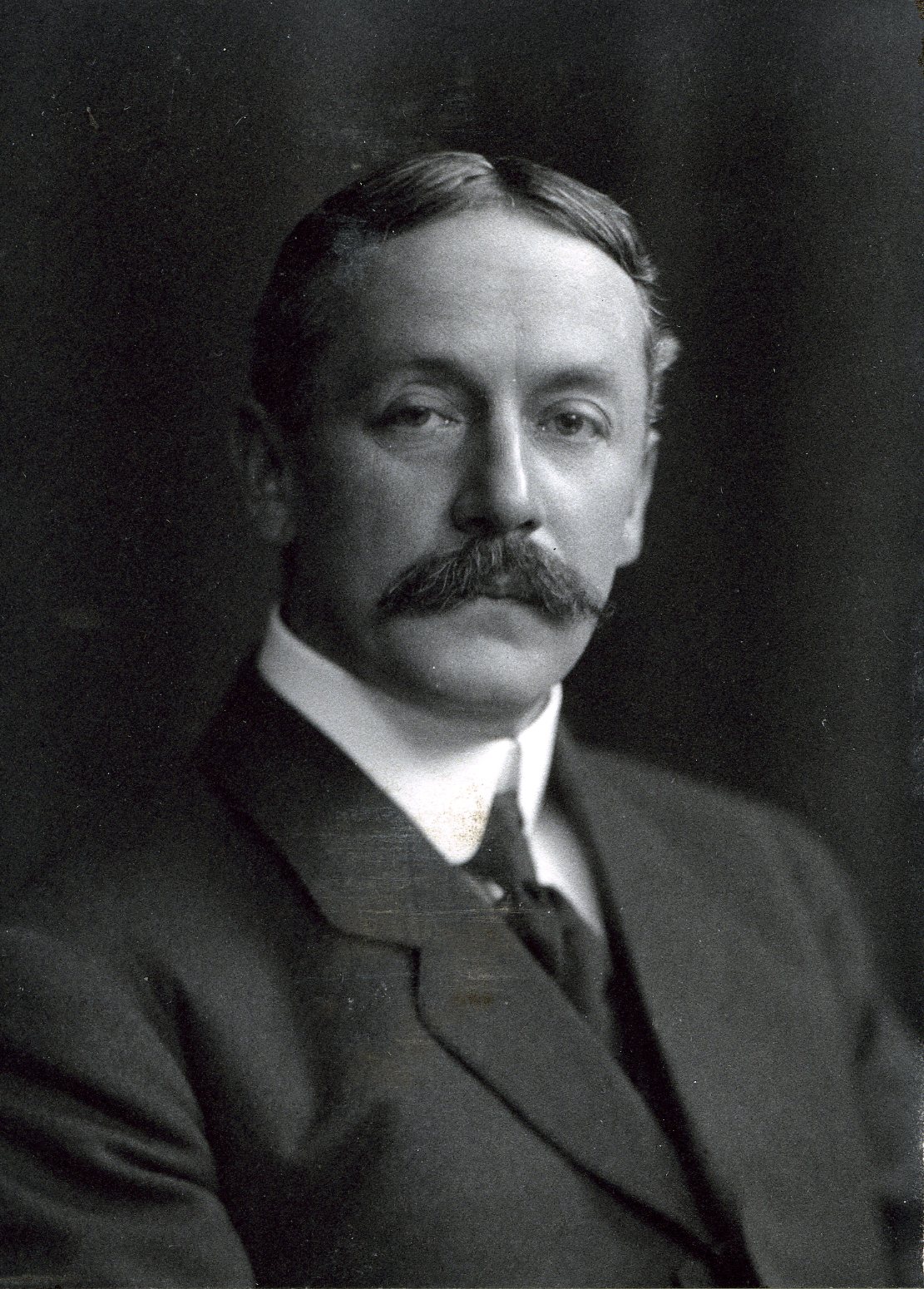Member Directory,
1847 - 1922
David Stanley Smith
Musician
Centurion, 1918–1949
Horatio Parker and Arthur Whiting
Toledo, Ohio
New Haven, Connecticut
Age forty-one
New Haven, Connecticut

Century Memorial
David Stanley Smith. [Born] 1877. Composer of Music.
You should understand, as I tell you about David Stanley Smith, that America is now the musical center of the world: it is here that the highest expressions of musical art are being written in these modern times. If you doubt that statement, I will modify it only by saying that the promise of the future is surely and admittedly here, and nowhere else; and what you may now regard as promise only will some day be declared to have been accomplishment of the highest order. But recently this was not so. When Dean Smith began to compose, if a man could compose a symphony he was ipso facto considered a great composer: now there are hundreds of youngsters in America who can write you a work in any of the longer forms and the question is only of their quality, not their technical competence.
In this development of professional competence Dave Smith, teacher of composition at Yale for forty-four years, Dean of its School of Music for twenty, had an honored place and he is likely to be more honored as the high standards of musical workmanship now prevalent become more appreciated.
As a teacher he was kindly but discriminating, never pedantic, always interested primarily in the sound of the music. And as he taught by example, he took endless pains with his own compositions. The Latin text of his Rhapsody of St. Bernard he translated into English following the rhyme-scheme of the original, although this required his finding four rhymes in four successive lines of a stanza. He would often rewrite entire movements of his works; he would frequently change his orchestration after hearing it in rehearsal. His first draft, however, was quickly and fluently written, talented composer that he was. Probably he was at his best in his songs and hymns, some of which have become a permanent part of our musical heritage.
His taste in literature, as in music, was fastidious. He liked to read philosophy and Greek tragedy; he never read ephemeral literature.
Without being a spectacular conductor, he was a skilled and sensitive one, and he led the New Haven Symphony Orchestra in convincing performances of a wide variety of orchestral music. For years he was organist in one of New Haven’s leading churches.
With people whom he knew well, his usual reticence disappeared and he showed a humor which was unexpected, whimsical, nonsensical, and self-deprecating, rather than pungently witty. A more generous, a more modest man never lived, and yet he never undervalued his own art, nor spared himself unremitting labor to develop and express his talents to their full.
His ideals were high, and what he attempted he performed with strength and skill. He was never commonplace nor merely experimental. Few men have made better friends, or will be more missed.
Source: Henry Allen Moe Papers, Mss.B.M722. Reproduced by permission of American Philosophical Society Library & Museum, Philadelphia
Henry Allen Moe
Henry Allen Moe Papers, 1949 Memorials

